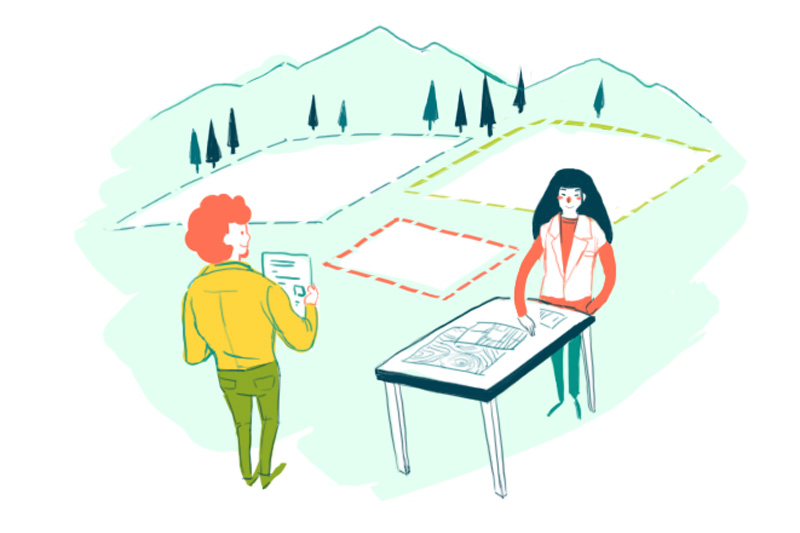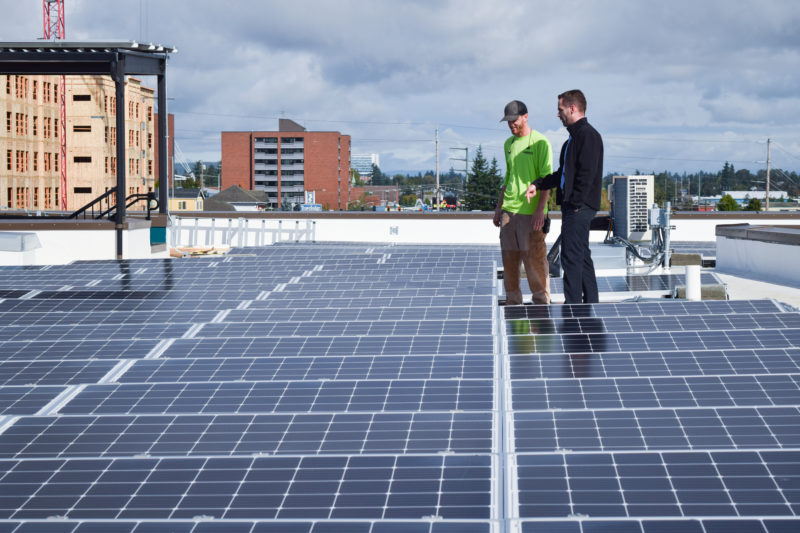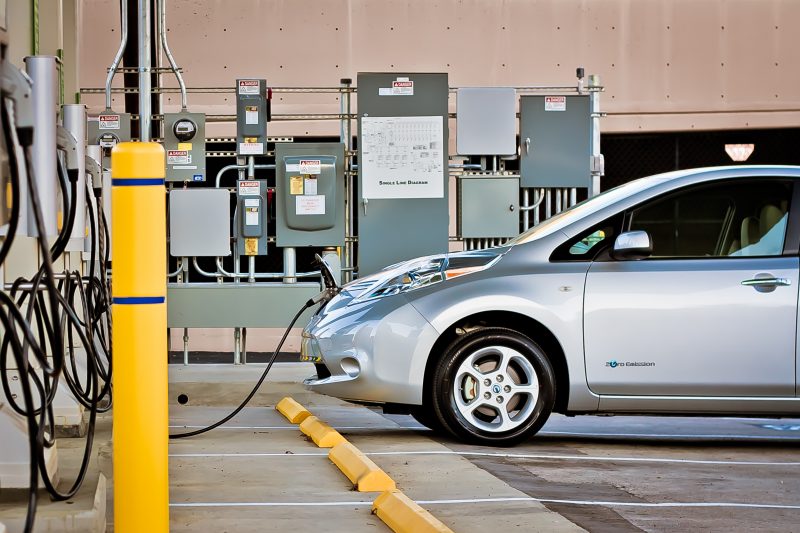We know we can’t build that future by locking ourselves into the fossil fuel infrastructure of the past.
We work to increase and strategically invest public funds in our clean energy economy, in both urban and rural communities, around efforts such as building retrofits, weatherization, and research & development.
Community planning for Clean Energy development
Regional anti-fossil fuel coalitions have been extremely successful stopping the development of new oil and coal terminals across the Pacific Northwest. However, the fossil fuel industry continues to target the same areas and the fight has become much more complex, as we work to prevent conversions of existing infrastructure into crude oil export facilities and diversification of refining operations into new petrochemical products.
In order to break out of the project fight after project fight cycle, we are working to develop and implement clean energy alternatives that work for our climate, economy, workers, and communities, so that these important industrial areas can no longer be targeted by the fossil fuel industry. Whatcom County, Vancouver, Tacoma, and more communities across the state have secured moratoriums and/or interim regulations against fossil fuel development in a number of communities, and are working to make those temporary protections permanent while also helping to facilitate the proactive planning work needed to support a clean energy economy.

Local Climate Action Planning
The state of Washington is taking action to reduce greenhouse gas emissions. Local leaders across Washington are also taking bold and innovative steps to reduce greenhouse gas (GHG) emissions and respond to climate impacts. Whether we are in a recession or a time of economic growth, investing in climate smart buildings, transportation, and landscapes builds resilience for the whole community, long term.


10 Evergreen Opportunities for Climate Action
Visit articleMaking 100% clean electricity a reality
Washington must continue to lead in planning and responding to the risks and consequences of climate change. The Clean Energy Transformation Act calls for electric utilities in Washington to chart a new course for utilities in Washington to achieve 100% clean energy by 2045 by investing in workers and building a more equitable energy system.
Electric utilities across the state are now establishing:
- Clear and accessible planning processes towards specific actions for the clean energy transition
- Effective ways to apply the social cost of carbon to guide investments and resource decisions
- Clear commitments to achieve a more equitable distribution of benefits and costs in the transition, and ways to measure progress toward those goals
- New, more meaningful ways to engage and involve the public and stakeholders
- Regular practices to demonstrate compliance with the law for agency and stakeholder review


